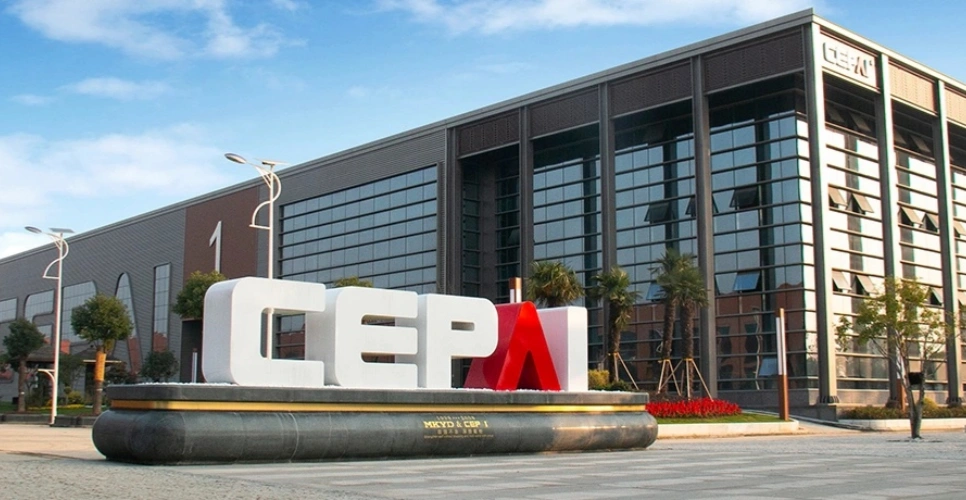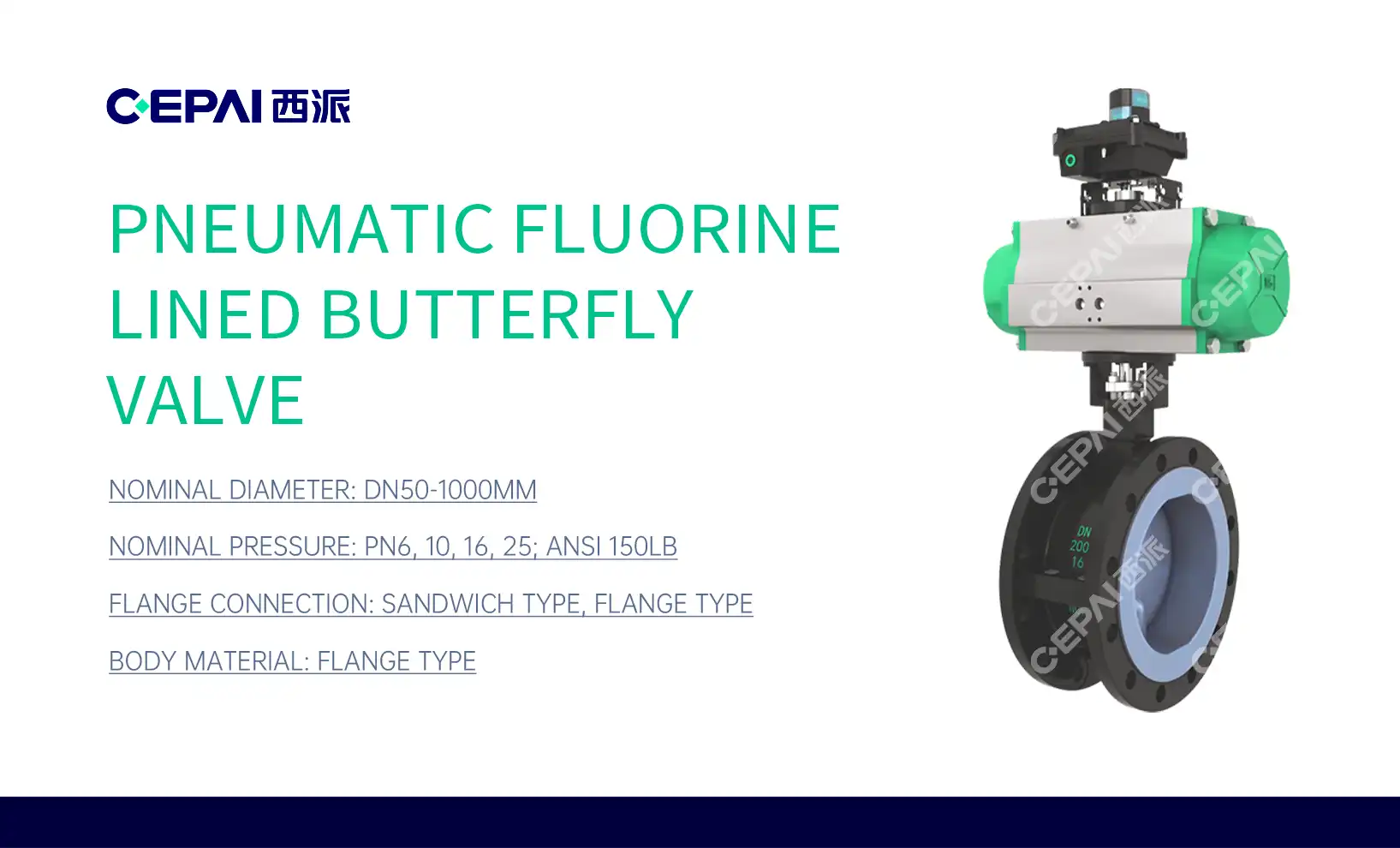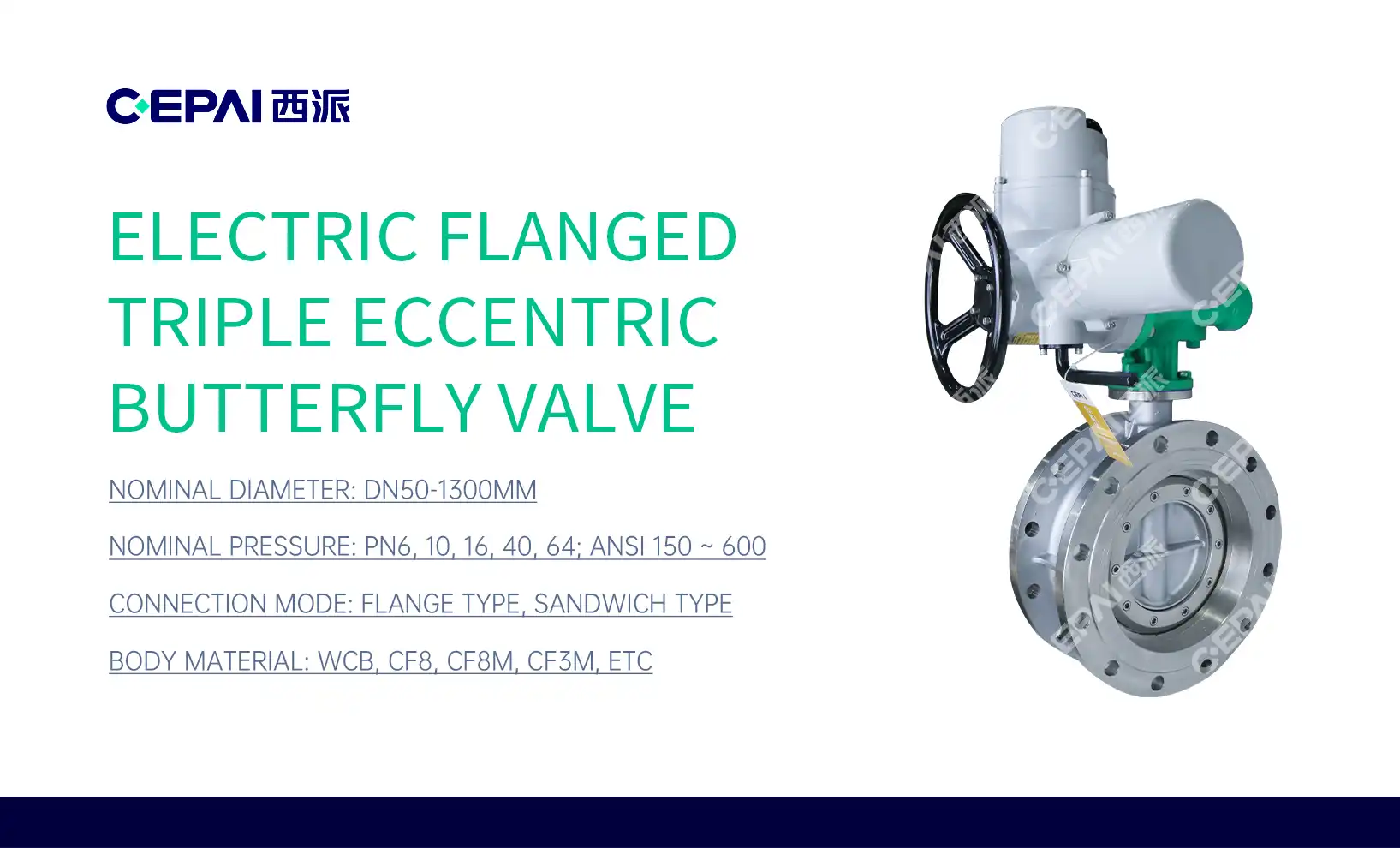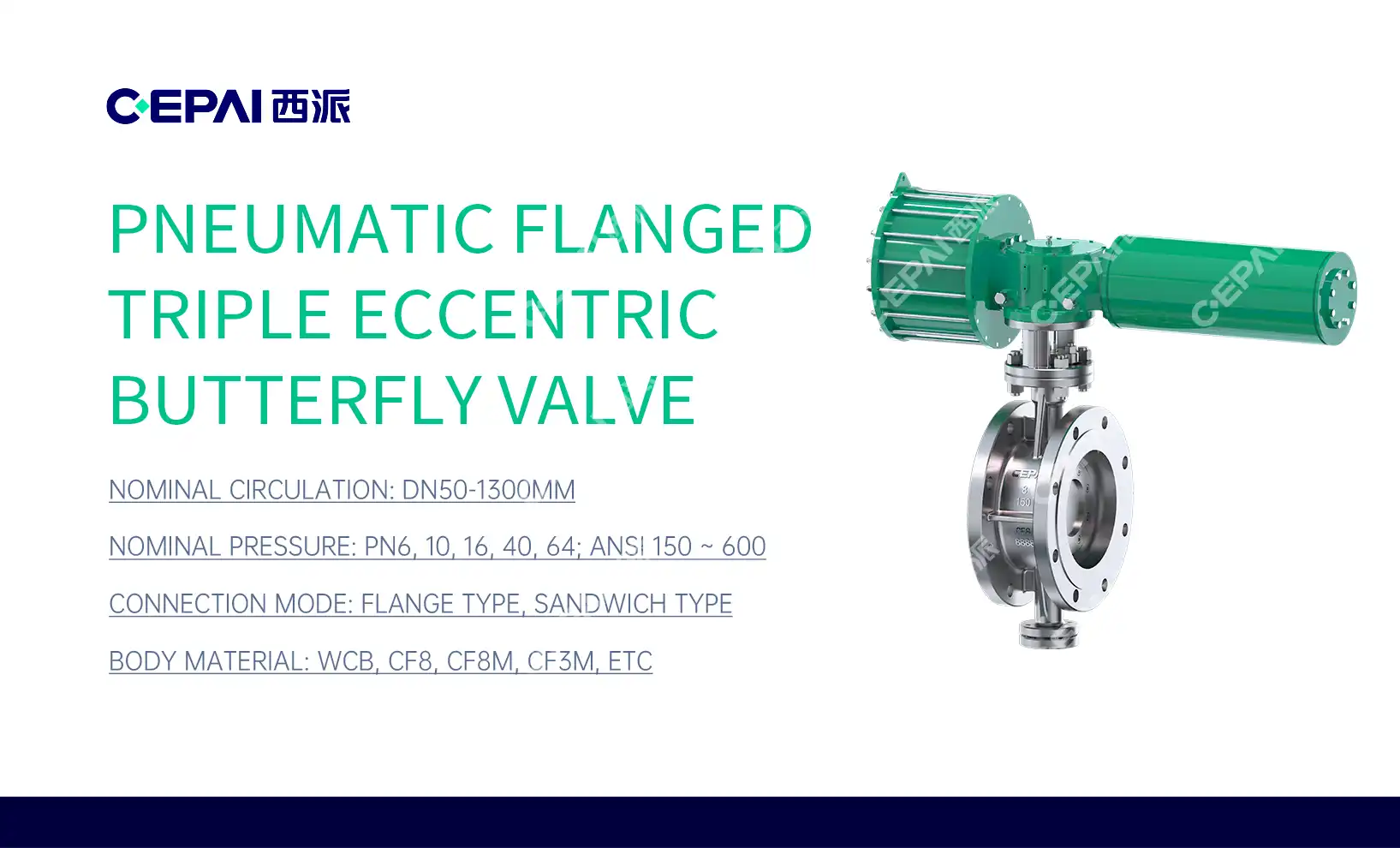Understanding Corrosive Fluid Ball Valves in Refineries
The Role of Ball Valves in Refinery Operations
Ball valves play a crucial role in refinery operations, controlling the flow of various corrosive fluids throughout the processing systems. These valves are prized for their quick operation, tight shutoff capabilities, and durability in harsh environments. In refineries, ball valves are used in numerous applications, including process control, isolation, and safety shutdown systems. Their design allows for efficient handling of high-pressure and high-temperature fluids, making them ideal for the demanding conditions found in refinery settings.
Challenges Posed by Corrosive Fluids
Corrosive fluids in refineries present significant challenges to valve integrity and performance. These fluids can include acids, alkalis, solvents, and various hydrocarbon mixtures, each with its own corrosive properties. The aggressive nature of these substances can lead to material degradation, compromising the valve's sealing ability and structural integrity over time. This corrosion can result in leaks, reduced valve efficiency, and potential safety hazards. Understanding the specific corrosive properties of the fluids being handled is essential for selecting appropriate sealing materials that can withstand these harsh conditions.
Importance of Proper Sealing in Ball Valves
Proper sealing in ball valves is paramount for maintaining the efficiency and safety of refinery operations. Effective seals prevent leakage, which is crucial for protecting the environment, ensuring worker safety, and maintaining process integrity. A well-sealed ball valve also contributes to energy efficiency by minimizing pressure losses and preventing product wastage. Moreover, reliable sealing extends the valve's operational life, reducing maintenance frequency and associated downtime costs. In the context of corrosive fluid handling, the sealing material acts as the first line of defense against chemical attack, making its selection a critical factor in valve performance and longevity.
Evaluating Sealing Materials for Corrosive Environments
Key Properties of Effective Sealing Materials
When evaluating sealing materials for corrosive environments, several key properties must be considered. Chemical resistance is paramount, as the material must withstand prolonged exposure to aggressive substances without degradation. Thermal stability is equally important, ensuring the seal maintains its integrity across a wide range of operating temperatures. Mechanical strength and resilience are necessary to withstand the pressures and dynamic forces experienced during valve operation. Low friction coefficients are beneficial for smooth valve actuation and reduced wear. Additionally, factors such as permeability, compression set resistance, and dimensional stability play crucial roles in determining a sealing material's suitability for corrosive fluid applications in refineries.
Common Sealing Materials and Their Characteristics
Various sealing materials are used in corrosive fluid ball valves, each with its own set of characteristics. PTFE (Polytetrafluoroethylene) is widely used due to its excellent chemical resistance and low friction properties, though it has limitations in high-temperature applications. PEEK (Polyether Ether Ketone) offers superior mechanical strength and temperature resistance compared to PTFE, making it suitable for more demanding environments. Fluoroelastomers like Viton provide good chemical resistance and flexibility, particularly useful in dynamic sealing applications. Metal-based seals, such as those made from Inconel or Hastelloy alloys, offer unparalleled corrosion resistance and can withstand extreme temperatures and pressures. Graphite-based seals are often used in high-temperature applications where organic polymers would degrade.
Factors Influencing Sealing Material Selection
Selecting the appropriate sealing material for corrosive fluid ball valves involves considering multiple factors. The chemical composition of the process fluid is a primary consideration, as different materials exhibit varying resistance to specific chemicals. Operating temperature range is crucial, as some materials may lose their sealing properties or degrade at extreme temperatures. Pressure conditions affect the mechanical stress on the seal, influencing the required material strength and resilience. The frequency of valve operation impacts wear resistance requirements. Environmental factors, such as exposure to UV light or oxygen, can affect material longevity. Regulatory compliance and industry standards may also dictate material choices in certain applications. Cost considerations, including both initial material costs and long-term maintenance expenses, play a role in the final selection process.
Top Sealing Materials for Corrosive Fluid Ball Valves
PTFE and Its Variants
PTFE (Polytetrafluoroethylene) and its variants stand out as premier sealing materials for corrosive fluid ball valves in refineries. Known for its exceptional chemical resistance, PTFE can withstand a wide range of aggressive substances, from strong acids to caustic alkalis. Its non-stick properties and low coefficient of friction contribute to smooth valve operation and reduced wear. While standard PTFE has limitations in high-temperature applications, modified versions like filled PTFE or PTFE composites offer enhanced thermal stability and mechanical strength. These variants may include additives such as glass fibers, carbon, or mineral fillers, each imparting specific improvements to the base material's properties. The versatility of PTFE makes it suitable for both static and dynamic sealing applications in ball valves, providing reliable performance across various refinery processes.
PEEK and High-Performance Polymers
PEEK (Polyether Ether Ketone) and other high-performance polymers represent a significant advancement in sealing technology for corrosive fluid ball valves. PEEK offers an impressive combination of chemical resistance, high-temperature stability, and mechanical strength, making it ideal for demanding refinery environments. It can maintain its properties at temperatures up to 260°C (500°F), surpassing the capabilities of many other polymeric materials. PEEK's resistance to hydrolysis and radiation further enhances its suitability for harsh process conditions. Other high-performance polymers in this category include Polyimide (PI) and Polyphenylene Sulfide (PPS), each offering unique combinations of properties suited to specific corrosive applications. These materials often serve as excellent alternatives when PTFE reaches its performance limits, providing extended service life and improved reliability in critical valve applications.

Metal-Based Sealing Solutions
In extremely corrosive or high-temperature environments, metal-based sealing solutions often become necessary for ball valves in refineries. Materials such as Inconel, Hastelloy, and other nickel-based alloys offer superior corrosion resistance and can withstand temperatures far beyond the capabilities of polymeric seals. These metal seals are typically used in metal-to-metal seating arrangements, providing tight shutoff and long-term reliability under severe conditions. Stainless steel variants, particularly those in the 300 series, offer good corrosion resistance for less aggressive environments. For specialized applications, exotic alloys like titanium or zirconium may be employed. Metal-based seals can be designed in various configurations, including spring-energized seals or laminated seals, to optimize sealing performance. While generally more expensive than polymeric options, metal-based sealing solutions offer unparalleled durability and reliability in the most challenging refinery applications.
Conclusion
Selecting the right sealing materials for corrosive fluid ball valves in refineries is crucial for ensuring operational efficiency, safety, and longevity of equipment. PTFE and its variants offer excellent chemical resistance and low friction, making them suitable for a wide range of applications. PEEK and other high-performance polymers provide enhanced thermal stability and mechanical strength, ideal for more demanding environments. In extreme conditions, metal-based sealing solutions using corrosion-resistant alloys become necessary. The choice of sealing material should be based on a careful analysis of the specific operating conditions, including chemical composition, temperature, pressure, and frequency of valve operation. Consulting with valve experts and conducting thorough material compatibility tests are essential steps in making the optimal selection for your refinery's unique needs.
FAQs
1. How often should seals in corrosive fluid ball valves be replaced?
The replacement frequency depends on factors like fluid corrosiveness, operating conditions, and seal material. Generally, it's recommended to inspect seals annually and replace them every 2-5 years or as needed based on performance.
2. Can I use the same sealing material for all corrosive fluids in my refinery?
It's not advisable to use a single sealing material for all corrosive fluids. Different fluids have varying chemical properties, requiring specific compatible materials for optimal performance and safety.
3. Are there any new innovations in sealing materials for ball valves?
Yes, ongoing research is producing new composite materials and surface treatments that enhance the performance of traditional sealing materials, offering improved resistance to both corrosion and wear.
Expert Ball Valve Solutions for Corrosive Environments | CEPAI
At CEPAI Group, we specialize in providing top-quality ball valves designed to withstand the harshest corrosive environments in refineries. Our expert team leverages years of experience and cutting-edge technology to deliver reliable, high-performance valve solutions. We understand the critical nature of sealing materials in corrosive fluid applications and offer a wide range of options tailored to your specific needs. As a leading ball valve manufacturer and supplier, we prioritize quality, innovation, and customer satisfaction. For expert advice on selecting the right sealing materials for your refinery's ball valves, contact us at cepai@cepai.com.

References
Smith, J. (2021). "Advanced Sealing Technologies for Corrosive Environments in Refineries." Journal of Valve Engineering, 45(3), 178-195.
Johnson, R., & Lee, A. (2020). "Comparative Study of PTFE and PEEK Sealing Materials in High-Temperature Corrosive Applications." Chemical Engineering Progress, 116(8), 62-71.
Brown, M. et al. (2022). "Metal-Based Sealing Solutions for Extreme Corrosive Conditions in Ball Valves." Materials Science and Engineering: A, 832, 142378.
Garcia, L. (2019). "Selection Criteria for Sealing Materials in Refinery Ball Valves." Industrial Valve Quarterly, 27(2), 45-52.
Wilson, K., & Thompson, P. (2023). "Innovations in Polymer Composites for Corrosion-Resistant Valve Seals." Polymer Engineering & Science, 63(5), 1289-1301.
Zhang, Y. et al. (2021). "Performance Evaluation of Novel Fluoropolymer Blends in Aggressive Chemical Environments." Journal of Fluorine Chemistry, 250, 109787.





